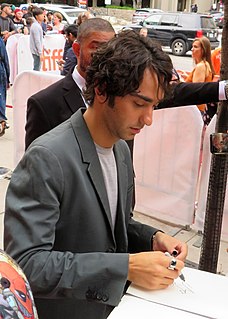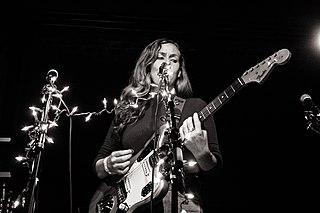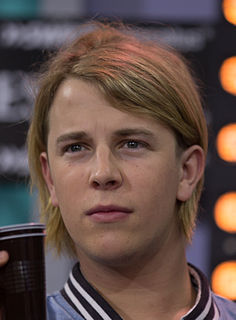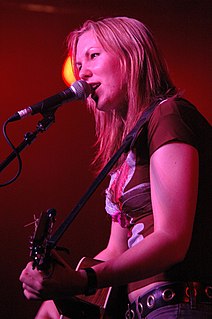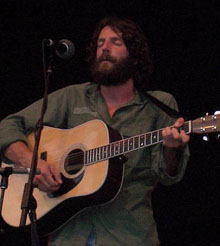A Quote by Pete Townshend
Early British pop was helped tremendously by the writing of Bob Dylan who had proved you could write about political and quite controversial subjects. Certainly what we did followed on from what was happening with the angry young men in the theatre.
Related Quotes
I'm also a big Bob Dylan fan. The songs on The Freewheelin' Bob Dylan - which is one of his best early albums - they grow out of some of his difficulties with Suze Rotolo, and "Hard Rain," people say it had to do with the Cuban missile crisis - probably not. He denied it. I believe him, but it certainly had to do with the time.
Bob Dylan had been a big sort of presence in my life but I'd never quite registered what he was trying to tell me. He was always this kind of figure, a sort of bear-like figure in the corner of the room. You know, every time I imagined what Bob Dylan looked like, he looked a bit like Steve Earl used to look - with the beard.



